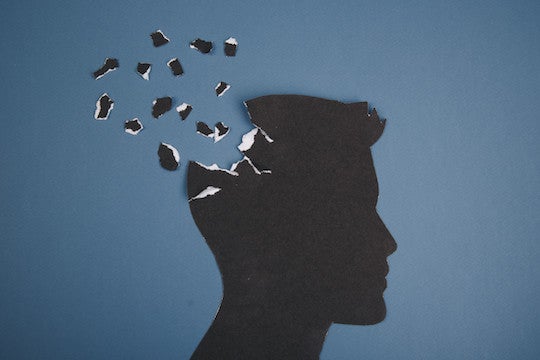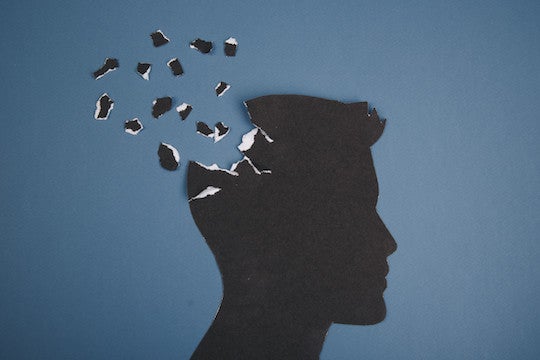HOUSTON — (Sept. 20, 2023) – Training strategies that teach depressed individuals how to better manage their negative emotions may not only help their mood but also their memory of difficult events, according to new research from Rice University.
The study, “Emotion regulation during encoding reduces negative and enhances neutral mnemonic discrimination in individuals with depressive symptoms,” will appear in an upcoming edition of Neurobiology of Learning and Memory.
Stephanie Leal, an assistant professor of psychological sciences at Rice, led the research focusing on how depressed individuals can reduce negative thinking in tough situations without the use of antidepressants. She noted that individuals with depression tend to hold onto detailed memories of negative situations more than people who are not depressed.

“Unfortunately, antidepressants only work about 50% of the time, and users often have to go through multiple drugs to get to a place where they feel like they are beneficial,” Leal said. “Since these drugs are often ineffective, we wanted to examine how behavioral interventions that help regulate emotions can change the lives of depressed individuals for the better.”
For the study, the researchers recruited 85 participants ages 18-35 with varying levels of depressive symptoms and trained half the participants on an emotion regulation strategy known as psychological distancing, which encourages individuals to take a third-person perspective when experiencing negative situations. The participants were given photos of negative scenarios and asked to report the facts of the situation while distancing themselves emotionally by either imagining the negative event happened a long time ago or far away from them. After the researchers were confident the participants had mastered the strategy, they were shown negative and neutral images to apply the strategy. After a short delay, participants were then tested on their memory for the images.
The researchers found that individuals who were trained to apply this strategy showed reduced memory for negative compared to neutral images, suggesting that this type of mental health intervention could make a significant positive impact in the lives of depressed individuals, especially when drugs fall short.
“This is obviously encouraging news,” Leal said. “We hope to focus future work on neuroimaging to see how this type of training affects the brain as well as other strategies that may be useful in immersing oneself in positive experiences.” To learn more, visit http://memory.rice.edu/participate-in-a-study/.
The study was co-authored by Bryan Denny, an associate professor of psychological sciences at Rice; former Rice research assistants Brandon Hayes, Amritha Harikumar and Lorena Ferguson; and Eva Dicker, who was a Rice graduate student when the study was conducted.
The paper is online at https://www.sciencedirect.com/science/article/pii/S1074742723001053

